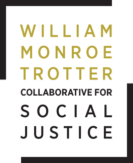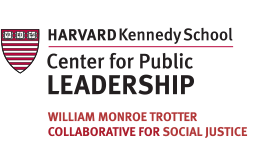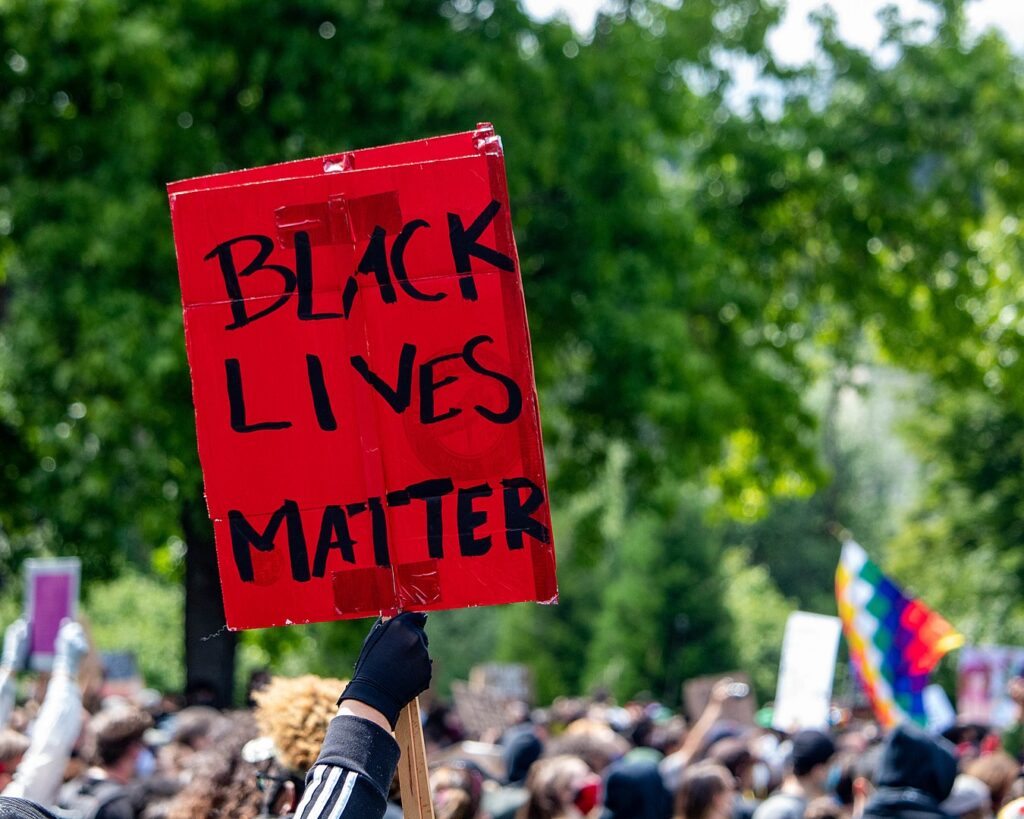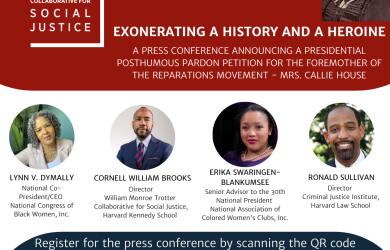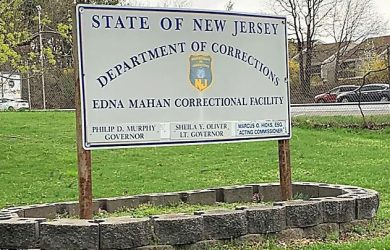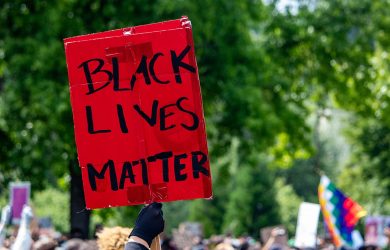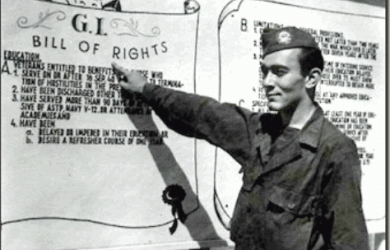The William Monroe Trotter Collaborative for Social Justice as a think and do tank at the Harvard Kennedy School has worked tirelessly to address racial injustice through teaching, research, and community engagement. As a collaborative inspired by the legacy of William Monroe Trotter–who bravely fought against the propagation of racist ideologies by preventing the production of The Clansman and campaigning against the movie The Birth of a Nation–we are reminded of the importance of working to stop the spread of white supremacist beliefs.
On Saturday afternoon, May 14, a white supremacist terrorist targeted a Buffalo supermarket located in a predominantly Black zip code wearing military gear and shot 13 people, 11 of whom were Black. The murderer drove about 200 miles to this predominantly Black neighborhood and made clear that he was targeting the Black community.
We mourn the losses of the ten people killed at the Tops Supermarket in Buffalo, New York – Pearl Young, Ruth Whitfield, Aaron Salter, Katherine Massey, Heyward Patterson, Celestine Chaney, Roberta A. Drury, Margus D. Morrison, Andre Mackneil, and Geraldine Talley. Three people were injured during the attack – Zaire Goodman, Jennifer Warrington, and Christopher Braden.
Once again, as faith communities across the country gathered for the Sabbath, many are traumatized by another mass shooting conducted in the United States. Once again, we are “shocked but not surprised” that vicious racist, anti-Semitic, and nativist “Great Replacement” conspiracy theories openly peddled on mainstream news networks have resulted in tragic violence. Once again, a murderer emboldened by unrestricted access to assault weapons hopes to “encourage further attacks that will eventually start the war that will save the Western world.”
Before committing this violent hate crime, numerous news reports indicated that the murderer wrote a symbol of white supremacy on his gun: 14. The number 14 represents a 14-word white supremacist slogan that states, “We must secure the existence of our people and future for white children.” Leading civil rights organizations have seen this theory fuel a series of attacks including the Poway Synagogue shooting in 2019, the Charlottesville “Unite the Right” rally in 2017, and the Charleston shooting at Mother Emanuel AME Church in 2015.
This act of racist violence underscores the threat posed by the violent white supremacist ideologies circulating throughout the United States. Prior to the attack, the gunman allegedly published a 180-page document explaining that he was radicalized by extremist websites and message boards. The inspiration behind this violent act speaks to the dangers posed by online networks where violent extremists frequently find refuge, community, and encouragement. Additionally, the document touted racist conspiracy theories like the “Great Replacement,” which claims that non-white people are “replacing” a white population in order to achieve a political agenda. Leading scholars and practitioners have warned us of the danger of the great replacement theory. Notwithstanding, this theory has taken hold of mainstream media, particularly on cable platforms, and the rhetoric of elected officials.
Having worked with leading civil rights organizations and law enforcement, we call on federal, state, and local authorities to harness research, evidence-based strategies, and best practices to address white supremacy. We stand as a ready partner, as we have in the past, to work with cities, civil rights organizations, social justice initiatives, and law enforcement to combine our efforts to address injustice. In the classroom and beyond, we appreciate and leverage the resources and analytic capital of the Center for Public Leadership.
In solidarity,
Cornell William Brooks
Faculty Director, The William Monroe Trotter Collaborative for Social Justice
Hauser Professor of the Practice of Nonprofit Organizations
Professor of the Practice of Public Leadership and Social Justice
Harvard Kennedy School
